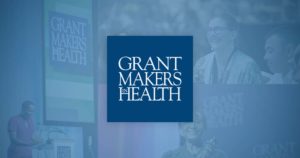Georgia Health Initiative: September 2025
A new report, “Progress Towards Vitality: A 10-Year Retrospective Analysis of Systems Focused Efforts to Improve Maternal Health in Georgia,” analyzes a subset of recommendations put forward by the Georgia Maternal Mortality Review Committee (MMRC) and the Georgia House Study Committee on Maternal Mortality to improve maternal mental health in the state.
Shifting Paradigms in Promoting Oral Health for Young Children
Tooth decay remains the single most prevalent chronic disease of America’s children, affecting 44 percent by age six (Dye et al. 2007). Grantmakers, government, and the professions have long focused energy and resources on getting children into dental care to repair the ravages of this preventable disease and to eliminate associated pain and infection.
Honoring Community Voices to Enhance Health Grantmaking
In philanthropic circles we spend a lot of time discussing the importance of how foundations can meet the needs of and strengthen communities. We expect our grants and program support will prompt change and improve lives, but how often do we end up doing things “to” a community as opposed to working “with” a community to achieve common goals?
Doing a Lot with a Little: The Gulf Coast Fund
“Doing a Lot with a Little” is an occasional series of the GIH Bulletin showcasing small foundations that have creatively leveraged resources to achieve meaningful change.




